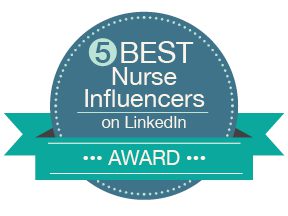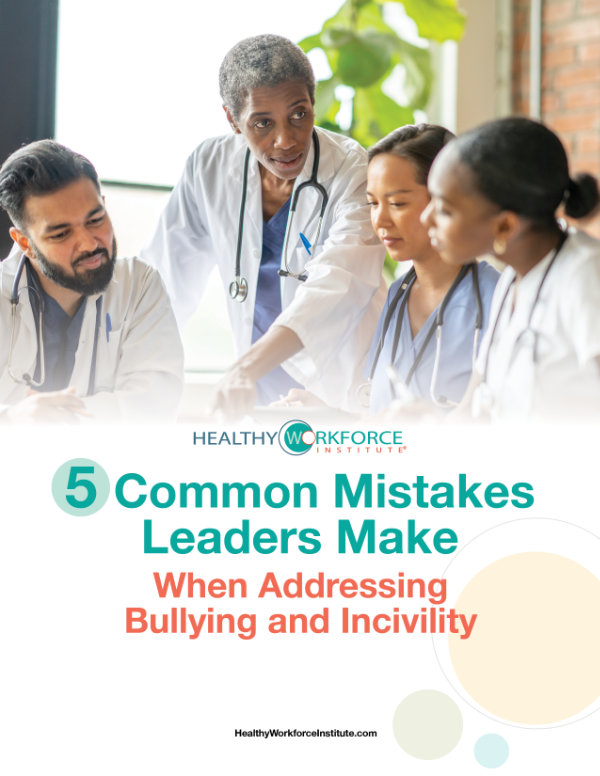It’s no secret that rudeness takes center stage in a lot of of conversational arenas these days, but is it really on the rise or is it just something new to complain about?
We don’t have to look very far to get the answer.
When my daughters were young, they would go trick or treating with the neighborhood kids. As I stood at the front door to hand out candy, I would watch the other kids run from house to house to get their tasty treats. Many times, a parent would stand on the street in front of a house as the kids would run to the front door, hoping to get a candy bar and not just a piece of Bit-O-Honey, or worse – an apple! As I watched them, I noticed that even though the kids COULD take the shorter route by running through their neighbors’ yards, they didn’t. They ran down the driveways, on the street a bit, and then up the next driveway. A few times, one kid would go rogue and attempt to take a short cut through the rhododendrons but a parent (any parent) would quickly holler and make the kid go back. We all knew that it was considered rude to run through someone’s front yard, especially in a nice neighborhood.
Times have changed. I don’t often get to participate in Halloween now because of my travel schedule but my grown daughter called me after her first experience with trick or treaters. “Mom!” she said, “Can you believe these kids just run from house to house THROUGH people’s yards?! You would have NEVER let us do that. How rude.”
Do you think rudeness is on the rise with kids?
Jean Twenge, a professor at SDU says students are 30% more narcissistic than they were 25 years ago. Other experts agree too. Today’s kids are ruder than we were and we could spend the rest of our time in this space talking about the reasons why (technology, lack of parental role modeling of good manners, etc.). The point is, rude kids can grow up to be rude adults.
What happens when rudeness occurs in the workplace?
In 1998, 25% of employees reported being treated rudely once a week.
In 2005, that number doubled to 50%.
In 2011, that number was greater than 50%.
According to researchers Christine Porath and Christine Pearson, 98% of adult workers reported being treated rudely at work. 50% said that it happened weekly.
When people witness or experience rudeness from coworkers, they:
- are less likely to seek, accept, or deliver feedback
- don’t share information as readily and didn’t seek help from teammates
- are 3 x less likely to ask for help from others or to offer help
A recent poll of 800 managers and employees across 17 industries reported deliberately decreasing work effort if they were treated rudely.
Rudeness decreases productivity and the way the team communicates with each other.
What’s the impact when rudeness happens in healthcare?
RUDENESS IN HEALTHCARE SETTINGS
According to Amir Erez’s study on rudeness on medical teams, a rude comment by a physician decreases the performance among other doctors and nurses by more than 50%. What he found was that rudeness “damages your ability to think, manage information, and make decisions.”
The study also suggests that rudeness may contribute to many of the preventable deaths caused by medical error in US hospitals.
As nurses, we KNOW this!
When I was a new nurse, I was scared to death of Dr. Rothschild. He had the arrogance of Steve Jobs and since I was a brand new, shy, and insecure nurse, he intimidated the heck out of me. I prayed everyday that I wouldn’t be assigned one of his patients. He was notorious for being rude, condescending, and intimidating towards nurses and his interns. One day, I was called into my patient’s room. Thinking it was the patient who needed something, I casually strolled into room 12. Dr. Rothschild was standing there with his interns waiting for me. He was the one who summoned me. In a sharp tone, he asked me why HIS patient was still in bed. I immediately felt a surge of hydrochloric acid well up in my stomach and lost my peripheral vision for a moment. I seriously didn’t think I could produce sound but what came out sealed my death. I replied, “He is on bed rest.” Immediately Dr. Rothschild told me to wait there, left the room, but then stormed back in a few minutes later carrying the patient’s chart. He opened it and with his pen underlined HIS order, “Get patient OOB (out of bed),” which was written earlier that morning. After the incident, I had a visceral reaction and spent the next 15 minutes in the bathroom. This encounter affected me for a long, long time. But think about the impact his behavior had on my ability to care for the rest of my patients – the rest of my shift. Was I able to think, manage information, and make good decisions after that? Was I able to problem solve or communicate effectively? Heck no. I just kept replaying that scene over and over again in my head, so you better believe his rudeness affected my performance.
Rinse and repeat this situation over and over again in our current healthcare environments. Make no mistake about it. Rudeness is impacting patients.
WHAT CAN WE DO ABOUT RUDENESS?
-
Don’t ignore it
We tend to rationalize or justify someone’s rude behavior by saying, “Well, that’s just the way he/she is. Don’t take it personal.” It IS personal because it affects everyone’s ability to effectively communicate with each other.
- Speak up – Say the word
If you witness someone being rude, don’t stay silent. Instead, speak up in a respectful manner. I’m a huge fan of scripting because it gives you the ability to prepare for common unprofessional encounters. You could say, “The way you talked to _____ was rude and inconsiderate.” Or, you could say, “In my opinion, you are being rude right now.”
-
Check yourself
Many times, we can be rude or inconsiderate without realizing it. The first step to creating a more professional environment is for each one of us to become more self aware of our own behaviors. Go out of your way to show respect and consideration.
-
Role model respectful (non-rude) behavior beyond the workplace
Our youth are a reflection of us. Not just parents but a reflection of all of us. We need to demonstrate and expect respect.
Although my daughters are in their early 30’s, they don’t curse in front of me. Why? Because I personally find cursing in front of others disrespectful. And when they slip up and throw in an S*** word or B**** word, they quickly catch themselves as I quickly call them on it. My dad does the same to me. I cursed in front of my dad once when I was in my 20’s, and let me just say I’ll never do that again!
As adults, we need to get back to common courtesy and respect whether it’s at work or in the neighborhood during Halloween. You better believe when I start having grandchildren (hopefully soon!!) they will be taught about respecting other people’s property, about saying please and thank you, about respecting the elderly, about NOT cursing, and about expecting the same respect from others.
Rudeness shouldn’t be the norm, but rather the ABnorm.
Thanks so much for reading!
Take care. Be kind. Stay connected.













1 thought on “Is Rudeness Really on the Rise?”
5